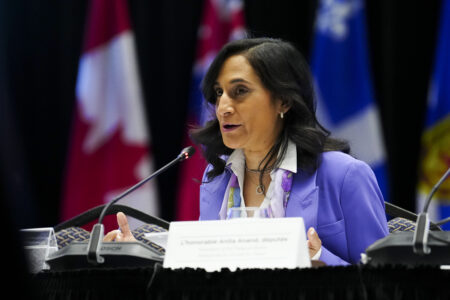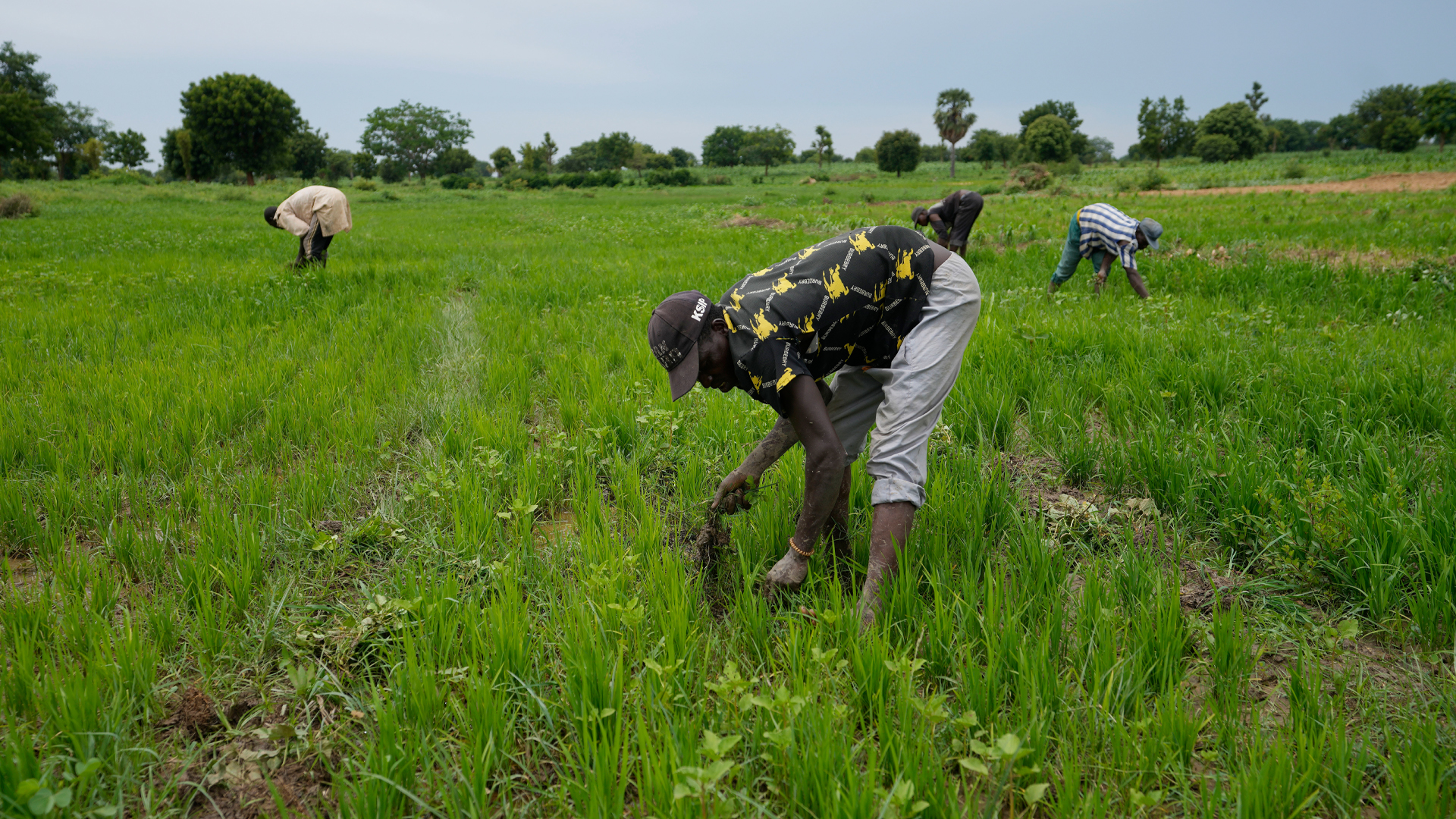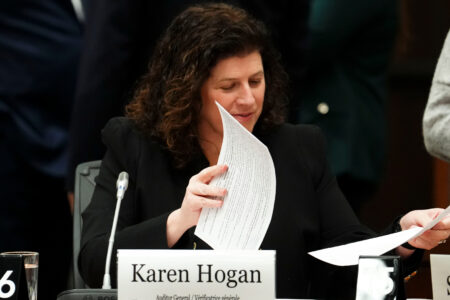
Countries in the Global North have been trying to come up with solutions to address the pressing issues of human rights and climate change in supply chains. But when one looks at who’s present at the table, it’s clear some important people are missing: those who are most affected.
Imagine workers on a farm in a Global South country such as Kenya. They labour diligently to grow coffee for Canada and follow strict rules so that the producer can be designated eco-friendly.
There are hundreds of such sustainability standards around the world. Manufacturers, traders and retailers voluntarily comply with them to demonstrate a commitment to good environmental, social, ethical and food safety practices.
But things are getting trickier. Global North countries are developing new requirements focused on human rights and the environment without input from workers. Even though the Kenyan farm already meets high-level sustainability standards, the additional rules are just making things tougher.
One of the owners says, “For farms that are already compliant with sustainability standards, are these other layers of due diligence necessary?”
New bill fails to address human rights abuses in supply chains
Legislation passed in Canada in 2023 focuses solely on abolition of child labour and forced labour within supply chains. A recent directive from the European Union (the EU) goes further and mandates that companies of a certain size address a broader array of human rights and environmental concerns that affect their partners.
This means producers at different points in supply chains are having to adapt to new and varied human rights and environmental due diligence (HREDD) laws from the Global North to access markets more effectively, despite a lack of support to help them meet these diverse requirements.
A field study on the impact of these different legislations on farmers and farm workers in the Global South uncovered strong sentiments of exclusionary policy practices from the Global North in that those affected are given limited input in developing new laws and standards. And the practical implications of complying with numerous and often demanding requirements create trade barriers. Farm owners in Kenya, complying with more than five sustainability standards, expressed their exhaustion in trying to keep up.
In many cases, farms already uphold standards and have multiple certifications, including from Fairtrade International, the Rainforest Alliance, Global Gap and the Kenya Flower Council Silver Standard. However, despite their commitment, they do not feel they have been consulted adequately in the Global North’s development of the added mandatory conditions they face.
Voluntary sustainability standards
Mandatory laws are increasing, but the idea of voluntary sustainability standards is not new. They have evolved over decades in response to concerns over basic human rights, worker health and safety and environmental impacts of production. They offer guidelines and rigorous certification steps to promote more sustainable production practices, filling a gap in intergovernmental regulation and addressing challenges in monitoring social and environmental performance.

It’s estimated there are between 300 and 500 voluntary standards that exist globally across multiple sectors. Compliance with these benchmarks, coupled with new legislative requirements from the Global North, burdens producers in the Global South and their communities – precisely the people the laws intend to protect. Stakeholders encounter substantial financial and administrative obstacles, including infrastructure expenses, training of workers on how to meet reporting requirements and continuous auditing.
Given these challenges, Canada must be a leader in addressing concerns raised by producers in the Global South and, in so doing, showcase its commitment to ethical standards and responsible business practices worldwide.
A (better) way forward?
Canada’s child and forced labour act falls short of addressing the evolving challenges in global supply chains, especially when compared with the progressive initiatives undertaken by the EU in its latest rules. It’s imperative that Canada recognize the shortcomings and take steps to rectify them. Several recommendations for the government to improving the act include:
- Broaden the scope of current legislation beyond child and slave labour to address a wider array of human rights and environmental issues. This would align Canada with the approach taken by the EU.
- Re-evaluate the design of the legislation, particularly in light of existing criticisms of its narrow scope and lack of accountability measures. The priority should be to consult with rights holders such as farmers and workers – whose rights could be harmed by businesses in the supply chain. This is essential for safeguarding the most vulnerable and improving the legislation’s effectiveness.
- Engage with the Canadian Sustainability Standards Board, as well as voluntary standards organizations like Fairtrade, to help harmonize sustainability reporting and avoiding redundant requirements. Collaboration with other Global North nations such as the United States, the EU and other G7 countries is also crucial to establish uniform sustainability reporting requirements.
- Avoid imposing additional burdens on producers who already meet certification standards. Acknowledging their commitment to high sustainability benchmarks and alignment with international frameworks is important for fostering continued progress.
- Allocate a dedicated fund for tailored educational and training programs for producers in the Global South. Many small-scale producers trying to fulfil HREDD requirements face significant challenges such as limited resources and infrastructure. Securing funding for training and cost-sharing mechanisms is essential. Tailored communication that encompasses diverse backgrounds, including local languages and varying education levels, is crucial to help rights holders understand and adapt to new rules.
- Promote transparency and traceability throughout supply chains. The government should establish a monitoring board to ensure effective and transparent compliance with due diligence requirements. Transparent supply chains can help streamline compliance efforts by providing clear documentation.
Canada has the chance to lead a more comprehensive and inclusive approach as human rights and environmental due diligence laws become a global priority in supply chains. By putting the voices of rights holders first and by reducing the burden on growers in the Global South, Canada can promote sustainable practices across industries and help producers meet those standards.
Note: The authors spent eight months working with Fairtrade Canada to conduct international trade justice advocacy research.







